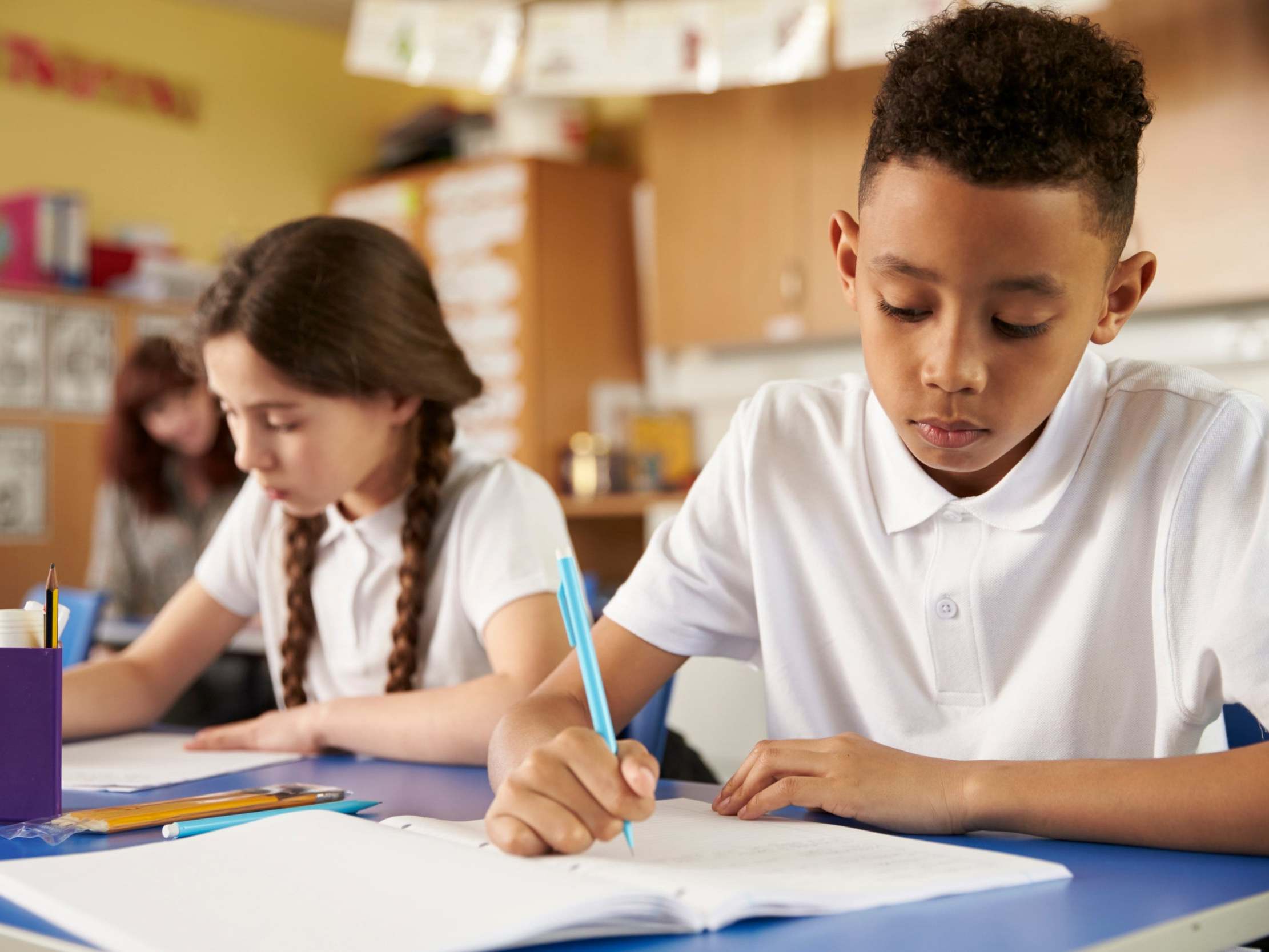Boris Johnson’s magic money tree bore fruit for other Covid-hit causes, so why not schools?
After the NHS and care system, surely the next group to receive attention is young people?


Your support helps us to tell the story
From reproductive rights to climate change to Big Tech, The Independent is on the ground when the story is developing. Whether it's investigating the financials of Elon Musk's pro-Trump PAC or producing our latest documentary, 'The A Word', which shines a light on the American women fighting for reproductive rights, we know how important it is to parse out the facts from the messaging.
At such a critical moment in US history, we need reporters on the ground. Your donation allows us to keep sending journalists to speak to both sides of the story.
The Independent is trusted by Americans across the entire political spectrum. And unlike many other quality news outlets, we choose not to lock Americans out of our reporting and analysis with paywalls. We believe quality journalism should be available to everyone, paid for by those who can afford it.
Your support makes all the difference.With social care reform “sorted”, it’s inevitable that the Boris Johnson administration should turn its forensic attention to the other end of the demographic spectrum and look at education. Isn’t it?
After all, haven’t we been told many times that apart from the hideous death toll among the aged and the enormous pressures put on the NHS and the care system, the next most pandemic-impacted group in our society was young people? Haven’t we?
And didn’t ministers say – or at least hint – after the enormous anticlimax of the Covid catch up fund announcement in the summer that there might be a bonus for schools in next month’s Comprehensive Spending Review? Didn’t they?
So oughtn’t we take the government at its word and expect that during this new academic year we will see a doubling down of investment in education and a redoubling of efforts to help schools and teachers close the attainment gap between the poorest kids and their more affluent contemporaries? Oughtn’t we?
Only a cynic would doubt this, surely?
It would undoubtedly be a desperate shame if such cynicism was proved justified. Because, let’s be clear, the damage wrought by Covid to the prospects of young people, especially from the poorest homes, is in danger of becoming permanent.
The stats are striking and hugely worrying. Research, for example, from the Education Endowment Foundation found that, during the first lockdown alone, some 10 years of slow, painful progress in helping poorer students catch up with their wealthier classmates had been reversed.
Make no mistake, the funding levels allocated by the government in June really don’t amount to much. As the Education Policy Institute found just this week, the funding levels allocated are around £310 per pupil – by contrast in the US and the Netherlands, that number stands at closer to £2,000 per pupil.
This is also a big deal in political, as well as educational, terms. Social mobility has been at the centre of much of the Conservatives’ rhetoric since before the 2010 election. It was the founding principle of much of Michael Gove’s reform programme, whether you believed in it or not.
It was, after all, Gove who angrily co-opted the phrase “the soft bigotry of low expectations” to damn his opponents as lacking ambition for the poorest students. Perhaps controversially, I would argue that this agenda was not without success. There are fewer underperforming schools in poorer communities than ever before, more poor young people do well in GCSEs than ever before, and more poor students go to our best universities than ever before. Gove’s reforms were not perfect – far from it – but prospects for a poor five-year-old starting school in the September before the pandemic were better than any generation before you.
It is this legacy that is in danger. Either this generation of “modernising” Conservatives was serious about social mobility or it wasn’t. Now is the time for them to show us the colour of their money.
The Osborne era of austerity was killed off by both Brexit and the elevation of “splash the cash” Boris in 2019 and the reputation of the Conservatives as the party of low taxes was smothered by the pandemic. So surely it’s not unreasonable to think that the new “tax and spend” Tories, driven by their commitment to social mobility, might find a few spare billion for schools? Surely?
Join our commenting forum
Join thought-provoking conversations, follow other Independent readers and see their replies
Comments